
Introduction
As a dedicated educator with years of experience working with children with special needs, I’ve witnessed firsthand the transformative power of early literacy. It’s more than just learning to read and write; it’s a gateway to a world of opportunities. However, the journey to literacy can be particularly challenging for children with special educational needs. This is where Jolly Phonics, a proven phonics-based approach, can make a significant difference.
In this blog post, we’ll explore how to adapt Jolly Phonics for special needs children. By providing practical strategies and resources, we aim to empower educators and parents to create inclusive learning environments where every child can thrive. in Jolly Phonics and Early Childhood Education, Let’s explore how Jolly Phonics can be adapted for special needs learners at the Best Jolly Grammar Teacher Training Institute in Mumbai Borivali.

Why Jolly Phonics Matters for All Learners
Jolly Phonics is a multi-sensory approach to teaching phonics that has gained widespread popularity for its effectiveness. It’s based on the understanding that learning to read and write involves understanding the relationship between sounds and letters Levelup’s Best Jolly Grammar Teacher Training Institute in Mumbai Borivali plays a vital role. Here’s why Jolly Phonics is particularly beneficial for all learners, including those with special needs:
Structured Approach: Jolly Phonics follows a systematic teaching sequence, ensuring that children learn phonics skills logically.
Multi-sensory Learning: It incorporates visual, auditory, and kinesthetic elements, making it easier for children to grasp concepts.
Phonics-Based: Jolly Phonics emphasizes the importance of phonics in decoding words, which is a crucial skill for reading fluency.
Fun and Engaging: The use of Jolly Phonics actions and songs makes learning enjoyable and memorable.
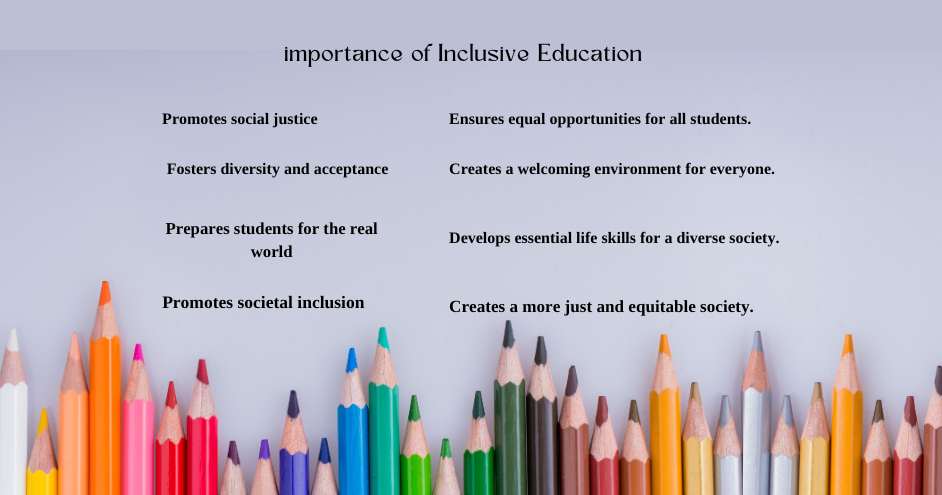
The Importance of Inclusive Education
Inclusive education is about creating learning environments where all children, regardless of their abilities, have equal access to education. This means recognizing that every child has the right to learn and grow, regardless of their special needs. By adapting Jolly Phonics to meet the individual needs of children with special needs, we can foster inclusive classrooms where all children feel valued and supported.
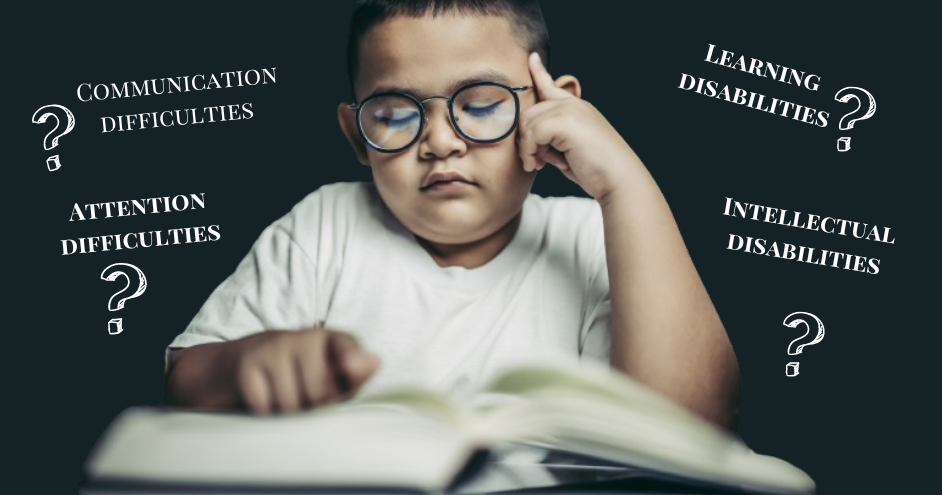
The Challenges Faced by Children with Special Needs
Children with special needs often face unique challenges that can impact their learning. These challenges may include:
- Communication difficulties: Children with autism spectrum disorder (ASD) or speech and language impairments may struggle to express themselves verbally.
- Attention difficulties: Children with attention deficit hyperactivity disorder (ADHD) may find it difficult to focus on tasks and stay on task.
- Learning disabilities: Children with dyslexia or other learning disabilities may have difficulty processing information and acquiring new skills.
- Intellectual disabilities: Children with intellectual disabilities may have limited cognitive abilities, which can affect their learning pace.
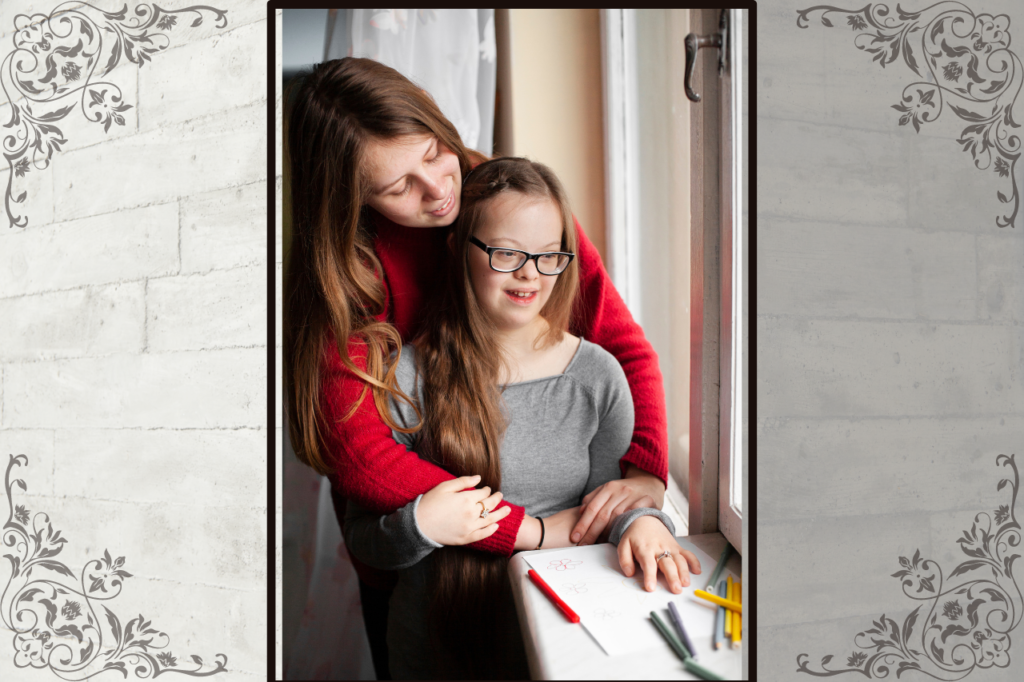
Understanding Individual Needs:
Assessment: regular assessments to identify the child’s strengths, weaknesses, and learning styles.
Individualized Education Plan (IEP): Develop an IEP that outlines specific goals and accommodations to support the child’s learning.Collaboration: Work closely with parents, therapists, and other professionals to ensure a consistent approach.

Strategies for Children with Autism Spectrum Disorder (ASD):
Visual Supports: visual supports can be valuable. Such aids as picture schedules or social stories can help children understand routines and expectations better.
Structured Approach: Provide a predictable and structured learning environment to minimize anxiety.
Social Skills Development: Incorporate activities that promote social interaction and communication skills.

Strategies for Children with Attention Deficit Hyperactivity Disorder (ADHD):
Breaks: Allow frequent short breaks to help children stay focused.
Chunking: Break down tasks into smaller, manageable steps.
Positive Reinforcement: Use positive reinforcement to motivate and encourage children.
Strategies for Children with Learning Disabilities:
Multi-sensory Approaches: Utilize a variety of sensory modalities to help children learn.
Accommodations: To ensure the child can fully participate in learning, consider providing accommodations. These may include extended time or assistive technology
Explicit Instruction: Provide clear and explicit instruction, breaking down skills into smaller steps.

Strategies for Children with Intellectual Disabilities:
Adapted Materials: Use adapted materials and resources that are appropriate for the child’s developmental level.
Repetition: Provide ample opportunities for repetition and practice to reinforce learning.
Real-World Connections: Relate learning to real-world experiences to make it meaningful.
Resources and Additional Support
To effectively implement Jolly Phonics for children with special needs, it’s essential to have access to appropriate resources and support. Here are some recommendations:
Recommended Jolly Phonics Materials:
- Jolly Phonics Teacher Training Course
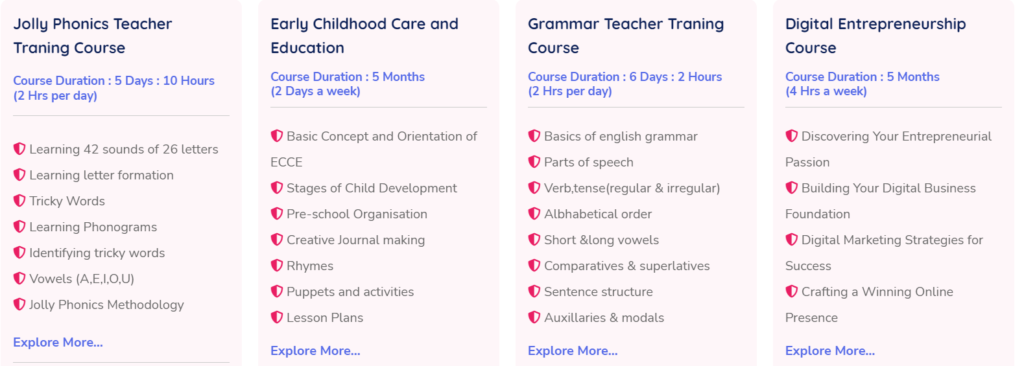
- Jolly Phonics Flashcards
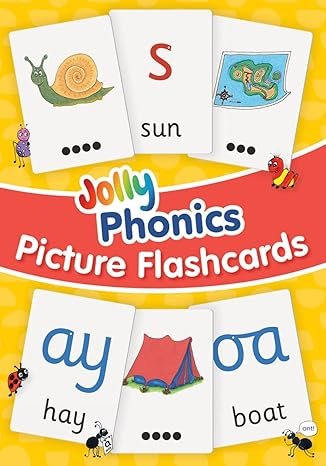
- Jolly Phonics Storybooks
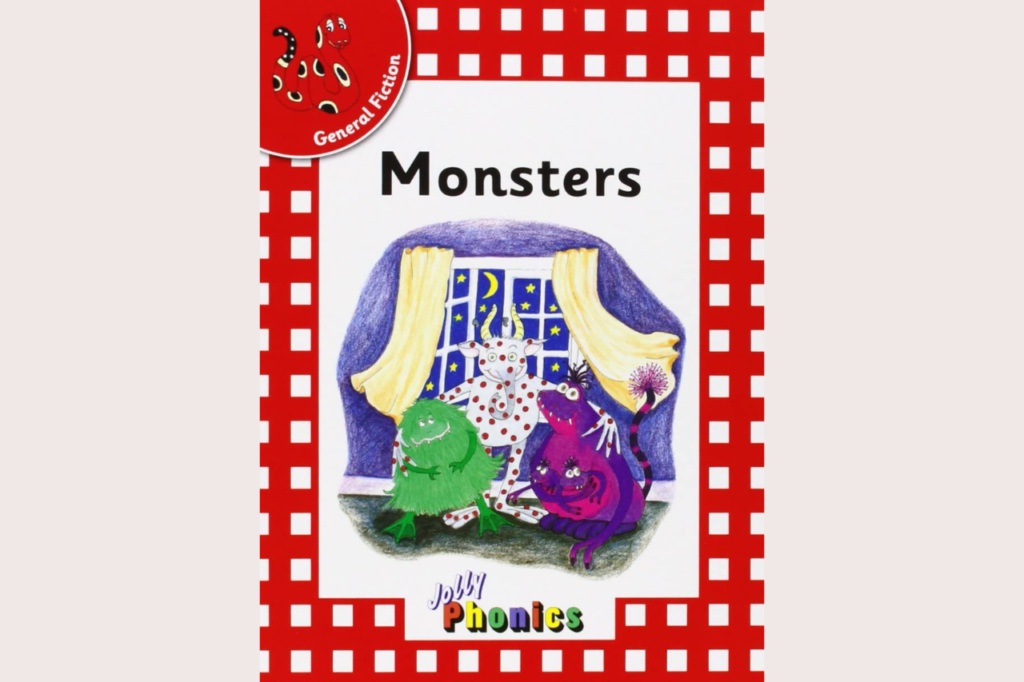
Professional Development Opportunities:
- Attend workshops and conferences focused on inclusive education and special needs.
- Seek out online courses or webinars on adapting Jolly Phonics for special needs.
- Connect with other educators who have experience working with children with special needs.
Collaborating with Professionals:
- Work closely with speech therapists, occupational therapists, and special education teachers to develop a comprehensive plan.
- Involve parents in the child’s education and seek their input and support.

Conclusion
Jolly Phonics can be a powerful tool for teaching literacy to children with special needs. By adapting the approach to meet their individual needs, we can create inclusive classrooms where every child has the opportunity to succeed.
Remember, the key to success is understanding each child’s unique strengths and challenges, and providing the support and resources they need to thrive. With the right strategies and a commitment to inclusive education, we can empower children with special needs to reach their full potential.


